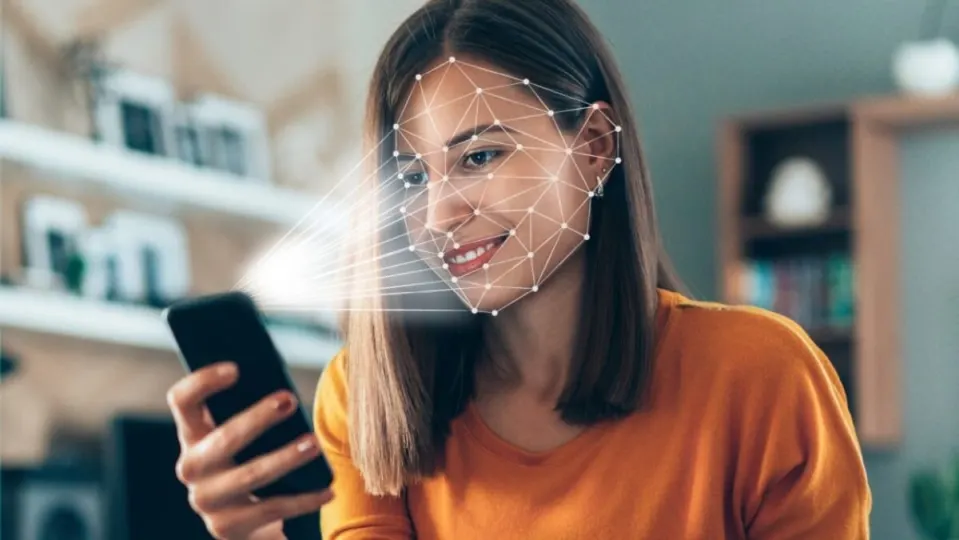Actually, we are talking about technology to prevent children from accessing applications or games that require being of legal age, not bars. But the concept is the same: a selfie that reveals your age without the need for an ID.
The American video game rating board, known as the ESRB (Entertainment Software Rating Board), has proposed the implementation of a new age verification technology that would utilize facial age assurance to obtain parental consent.
As reported by Eurogamer, the Entertainment Software Rating Software Board suggests using this method to obtain parental consent in compliance with the Children’s Online Privacy Protection Act (COPPA). It seems that today’s topic revolves around scanning things.
What do they do with our selfies and biometric data?
The proposed technology would involve the deployment of what the ESRB calls “Privacy-Protective Facial Age Estimation,” which would scan faces to verify parents’ ages.
This is due to the fact that COPPA requires services in the U.S. to obtain parental consent to collect personal information from children under 13 years old.
Anything involving face scanning for data and potentially retaining that information, whether for initial verification or not, can raise concerns. For instance, I am not enthusiastic about the idea of a technology company scanning my face to check my age.
The U.S. Federal Trade Commission (FTC) is seeking public comments on this proposal, which can help gauge what ordinary citizens like us think, especially regarding personal information, privacy, and potential biases.

Indeed, as mentioned in the Eurogamer report, the company claims that the technology will not capture or store users’ selfies or attempt to confirm their identity.
The ESRB adds that the data or images “will never be stored, used for AI training, marketed, or shared.”
This is a positive addition to the story that may alleviate some users’ concerns. However, it’s still early, so we can only hope that things don’t take a dystopian turn… as with any new technology.
Some of the links added in the article are part of affiliate campaigns and may represent benefits for Softonic.


